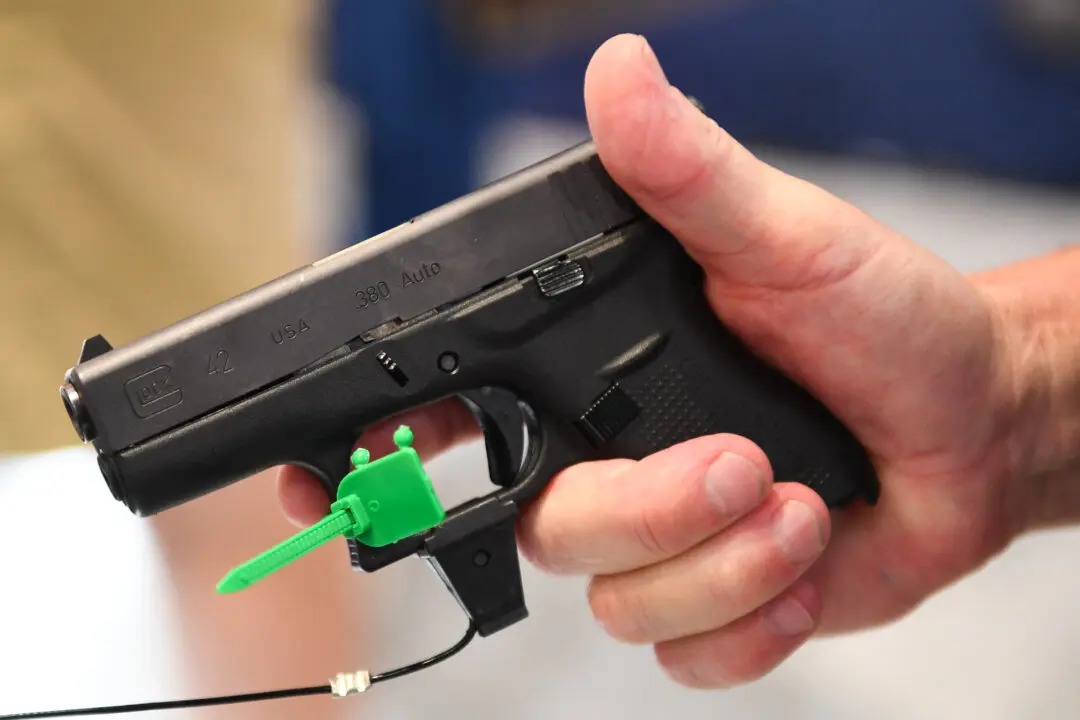The city of Chicago is suing Glock, arguing that the gun manufacturer should be liable for gun violence because its products can be modified easily into automatic weapons.
The lawsuit, filed in the Illinois state court system, focuses on the fact that numerous criminal suspects have possessed or used Glock pistols modified with an illegal aftermarket auto-sear device referred to as a “Glock switch.”





